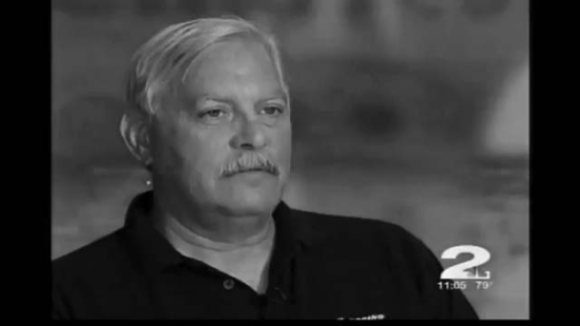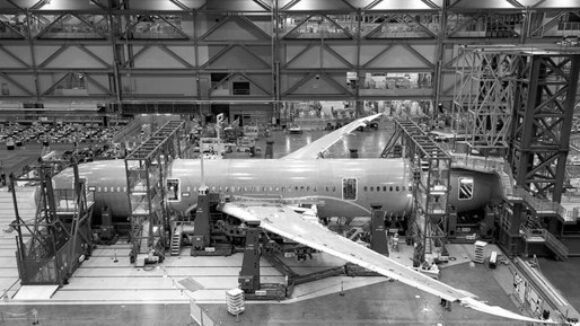NYT: NLRB Killing Jobs
If the Obama-selected top lawyer for the National Labor Relations Board gets his way, Boeing will have no real choice but to abandon a brand-new $2 billion plant and 1,000 good jobs in Right to Work South Carolina.
You know things are bad for the National Labor Relations Board and their outrageous efforts to punish Right to Work states when the liberal New York Times publishes an editorial by Joe Nocera acknowledging the damage the Board is doing to the country:
That is what is so jarring about this case — and not just for Boeing. Without any warning, the rules have changed. Uncertainty has replaced certainty. Other companies have to start wondering what other rules could soon change. It becomes a reason to hold back on hiring.
The airplane’s aft section arrived early Monday morning. That’s what they’d been waiting for at the final assembly plant in North Charleston, S.C. They already had the wings, the nose, the tail — all the other major sections of Boeing’s new 787 Dreamliner. With the arrival of the aft, the 5,000 nonunion workers in the plant can finally begin to assemble their first aircraft — a plane three years behind schedule and critical to Boeing’s future.
The Dreamliner is important to America’s future, too. As companies have moved manufacturing offshore, Boeing has remained steadfast in maintaining a large manufacturing presence in America. It is America’s biggest exporter of manufactured products. Indeed, despite the delays, Boeing still has 827 Dreamliners on order, worth a staggering $162 billion.
But with the plane so far behind schedule, Boeing decided to spend $750 million to open the South Carolina facility. Between the two plants, the company hopes to build 10 Dreamliners a month.
That’s the plan, at least. The Obama administration, however, has a different plan. In April, the National Labor Relations Board filed a complaint against Boeing, accusing it of opening the South Carolina plant to retaliate against the union, which has a history of striking at contract time. The N.L.R.B.’s proposed solution, believe it or not, is to move all the Dreamliner production back to Puget Sound, leaving those 5,000 workers in South Carolina twiddling their thumbs.
Seriously, when has a government agency ever tried to dictate where a company makes its products? I can’t ever remember it happening. Neither can Boeing, which is fighting the complaint. J. Michael Luttig, Boeing’s general counsel, has described the action as “unprecedented.” He has also said that it was a disservice to a country that is “in desperate need of economic growth and the concomitant job creation.” He’s right.


